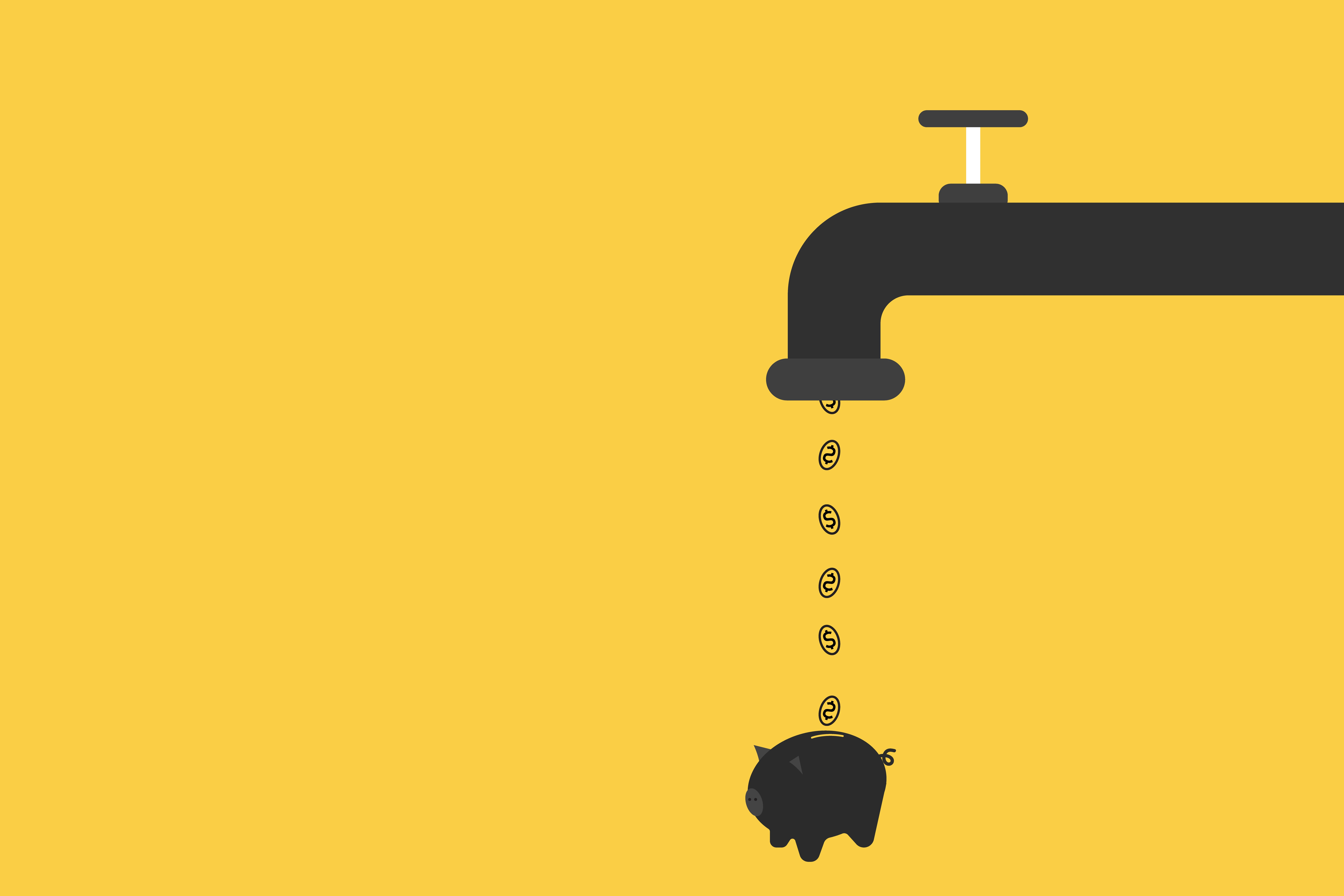According to IBIS World, as of 2022, the debt collection industry in the U.S. is valued at $18.8 billion. That’s a sharp rise from just three years ago, when it was valued at $11.5 billion.
We’ve seen trends that have significantly shaped and grown the collection industry year after year. Last year, it witnessed some notable changes, particularly the big one to the Regulation F law, the gradual shift to omnichannel communication by agencies, the digitization of banking, etc. The industry is continuing to evolve, and at this rate, we can certainly expect change as a theme, right through the end of Q4.
Here are five trends that we believe will shape the debt collection industry in 2022.
1. Greater Transparency for Customers
More and more customers are becoming increasingly conscious of their finances. They’re now paying more attention to even the smallest details about their money.
Even in a simple instance, such as a small amount being deducted from their bank account, consumers are on top of it. They’d want to know the reason behind those charges. Or when they’re going through their borrower information form trying to apply for a small business loan, they’d be curious to understand those various form fields and details. Or, when they’re working with a healthcare provider, they’d want to see the details of covered services and expenses in their medical bills.
In the same way, they’ll expect greater transparency from companies that help them with their money. Debt collection agencies should lead the way by being more transparent and educating about their policies to ensure a smoother collection process.
One of the best paths agencies can take toward transparency is to consider how agents seek, create, and receive context during calls. Consider standardizing and automating call notes, as well as real-time agent assistance. Both will provide agents with more information at the ready, and give them the clearest context during the course of a conversation.
2. A Shift to Omnichannel Intelligence
In 2021, there was a lot of talk around debt collection agencies needing to build an omnichannel presence. Now, with Regulation F putting limits on the number of times an agency can contact the borrower and mandating communication with them on the channel they opted for, that need only became more important.
Every attempt collectors make to contact the borrower becomes more valuable; hence, they should prioritize obtaining accurate information. That means an increase in the number of higher-quality interactions and a greater volume of data to analyze, further increasing the demand for omnichannel intelligence.
Before we move on, let us first clarify what omnichannel intelligence means: it’s when the communication with customers happens across multiple channels that are integrated with one another and can gather accurate context from one another.
For example, if the borrower has stated something important in an earlier email, it should be known to the agent who is in the call. If the borrower tells the chatbot that he is unemployed or facing an issue with repayment, that information should be shared with the agent in future communications.
Such emphasis on quality and accuracy improves communication and efficiency and reduces compliance risk.
3. Rising Number of Accounts With Reduced Account Balances
The financial services industry is seeing many accounts with reduced account balances. That’s because people are getting creative with paying off their debts by trying a lot of alternatives to traditional credit card debt. That variation creates opportunity for collections teams.
Even in healthcare, people now have several options at their disposal. They are trying various services other than standard out-of-pocket expenses to pay off their medical bills.
4. Emphasizing Collaborative Intelligence Over Artificial Intelligence
Collaborative Intelligence is when humans and machines work together to solve a problem. It is necessary when AI needs a lot of human hand-holding, especially during sensitive cases like debt collection, where every conversation may contain stressful or fraught moments just due to its nature.
One example of AI’s application in debt collection is ProNotes, Prodigal’s note automation tool that uses AI to document the call between the agent and the borrower. It listens to the agent’s conversation with the borrower and picks up crucial information in the form of a crisp 20 to 50-word summary.
However, the agent can add or remove content from the notes generated by the AI. And with time, the AI model learns from this and gradually improves note accuracy. It needs the human feedback and context in order to succeed — and vice versa. Taking it farther: When coupled with a real-time assistance solution, these notes can provide standardized information to support better suggestions for agent effectiveness. Humans and machines working together — with the same information. Watch for the "collaborative" trend, because it's definitely coming.
5. Forgive and Forget: Debt Forgiveness
Recently, the government has forgiven a small fraction of student loans instead of sending those to debt collections. Although it may sound surprising, in the case of student loans, for example, there are ways to have them forgiven: by doing public service work, by making use of income-based schemes, etc. And later, they are forgotten in their credit bureau scores.
This happens with other types of debt, too, but in very special cases. This is a big topic for the year that you can't ignore — but it's also one that's likely to continue. Going forward, keep an even more watchful eye for the effect on your business.
Think Forward
The debt collection industry is moving fast. Because it is ever-evolving, keeping up with these trends will require work. But the one important takeaway is this: it’s time for leading, forward-thinking collection agencies to build an intelligent, data-driven, omnichannel approach. If you're ready to optimize operations, increase effectiveness, amp up productivity, and minimize risk, then you're ready to talk to Prodigal about this exciting time for collections.
Reach out to us below to start your collaborative intelligence journey.













.jpg)











.webp)
.webp)













.webp)







-min.avif)










.avif)













-modified.avif)



















.avif)









